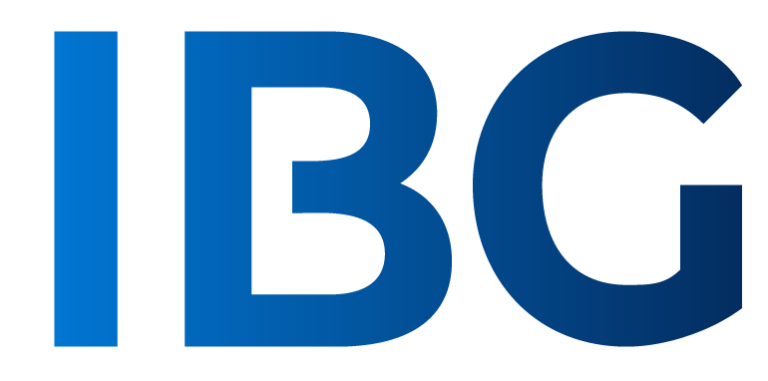Your Next High Performance CEO
Home Executives Companies Insights Why to choose us X Connect with us Edit Content International Board Group Get in Touch…

Bank of the West Tower - 500 Capitol Mall, Sacramento, CA 95814
(650) 250 - 5845

In recent years, major management consulting firms such as Accenture and Korn Ferry have underscored the critical role of board involvement in enhancing organizational equity. Research, including a notable study by the Boston Consulting Group, suggests that companies with diverse management teams are more profitable and innovative. Similarly, a 2020 study by BoardSource found that nonprofit organizations with diverse boards are more effective in community engagement and achieve better overall performance.
Given these findings, organizations across various sectors are prioritizing board diversity and engaging consultants to enhance their diversity, equity, and inclusion (DEI) practices. However, with growing legislative skepticism toward DEI initiatives, boards are increasingly challenged to not only champion equity and inclusion as moral and strategic imperatives but also to embed these principles deeply within their corporate strategies.
This article draws on insights from Kirk Mead, a seasoned strategist, to explore the complexities boards face in meaningfully integrating DEI into corporate governance.
Understanding Equity Beyond Buzzwords
Mead emphasizes that while DEI may be seen as a set of buzzwords, its intrinsic value and broad applicability are often misunderstood. Reducing DEI to a mere business case risks undermining its fundamental, justice-oriented nature. In environments where justice-seeking is not a core principle, this misunderstanding can lead to superficial DEI engagements, missing the transformative potential of these initiatives.
Driving Real Change Through Board Actions
For DEI efforts to be effective, boards must align these initiatives with core organizational outcomes, such as productivity, employee retention, and process improvements. This alignment requires boards to embrace DEI not just as a set of external metrics but as integral to their governance and operational strategies.
AJ Crabill, author of Great On Their Behalf, similarly points out the necessity for adult behavior change in education systems to improve student outcomes, indicating that effective DEI integration requires significant shifts in behavior and mindset at all levels of an organization.
Navigating Challenges and Creating Impact
Despite the best intentions, boards often find themselves in circular conversations about DEI, which can hinder progress and drain resources. Rozella Kennedy of Camber Collective notes that too much focus on checklists and superficial measures can deplete goodwill and trust. Instead, boards should tailor DEI efforts to the specific needs of their organizations, moving from repetitive discussions to actionable, impactful strategies.
Board Development and Governance
Effective DEI integration also involves aligning new initiatives with existing board values and confronting potential organizational threats. Nancy Woodland, Board Chair at Verity Credit Union, highlights the importance of adapting DEI governance to meet everyone where they are, thereby fostering a culture change at a pace that builds trust.
David Marzahl, a former nonprofit executive, suggests that DEI commitments be a consistent part of board agendas, integrated into governance tools like KPIs to ensure these principles are woven into the fabric of board responsibilities.
Beyond Compliance: A Learning and Working Board
Dr. Tonita Webb, President and CEO of Verity Credit Union, advocates for boards to dismantle systemic barriers and create environments where leadership and creativity thrive. This approach emphasizes not just representation but also the empowerment of leaders to be their authentic selves, which is crucial for fostering organizational equity.
Mead calls for boards to adopt a learning stance towards DEI and treat it as a core competency. This involves broadening the understanding of fiduciary responsibilities through an equity-informed lens, preparing for DEI initiatives by setting clear expectations and readiness for change, and consistently monitoring and adjusting the organizational climate for equity.
IBG Insights
To advance DEI effectively, boards should:
These strategies highlight the pivotal role boards play in driving meaningful DEI integration. Embracing these challenges not only fosters a more inclusive and equitable organizational environment but also secures the organization’s relevance and success in a diversifying world.
Home Executives Companies Insights Why to choose us X Connect with us Edit Content International Board Group Get in Touch…
Home Executives Companies Insights Why to choose us X Connect with us Edit Content International Board Group Get in Touch…
Home Executives Companies Insights Why to choose us X Connect with us Edit Content International Board Group Get in Touch…
Home Executives Companies Insights Why to choose us X Connect with us Edit Content International Board Group Get in Touch…
Home Executives Companies Insights Why to choose us X Connect with us Edit Content International Board Group Get in Touch…
Home Executives Companies Insights Why to choose us X Connect with us Edit Content International Board Group Get in Touch…
Home Executives Companies Insights Why to choose us X Connect with us Edit Content International Board Group Get in Touch…
Home Executives Companies Insights Why to choose us X Connect with us Edit Content International Board Group Get in Touch…
Home Executives Companies Insights Why to choose us X Connect with us Edit Content International Board Group Get in Touch…

Join us in designing the future of leadership by connecting visionary companies with transformative leadership.
Palo alto, California 94302
500 Capitol Mall, Sacramento, CA 95814